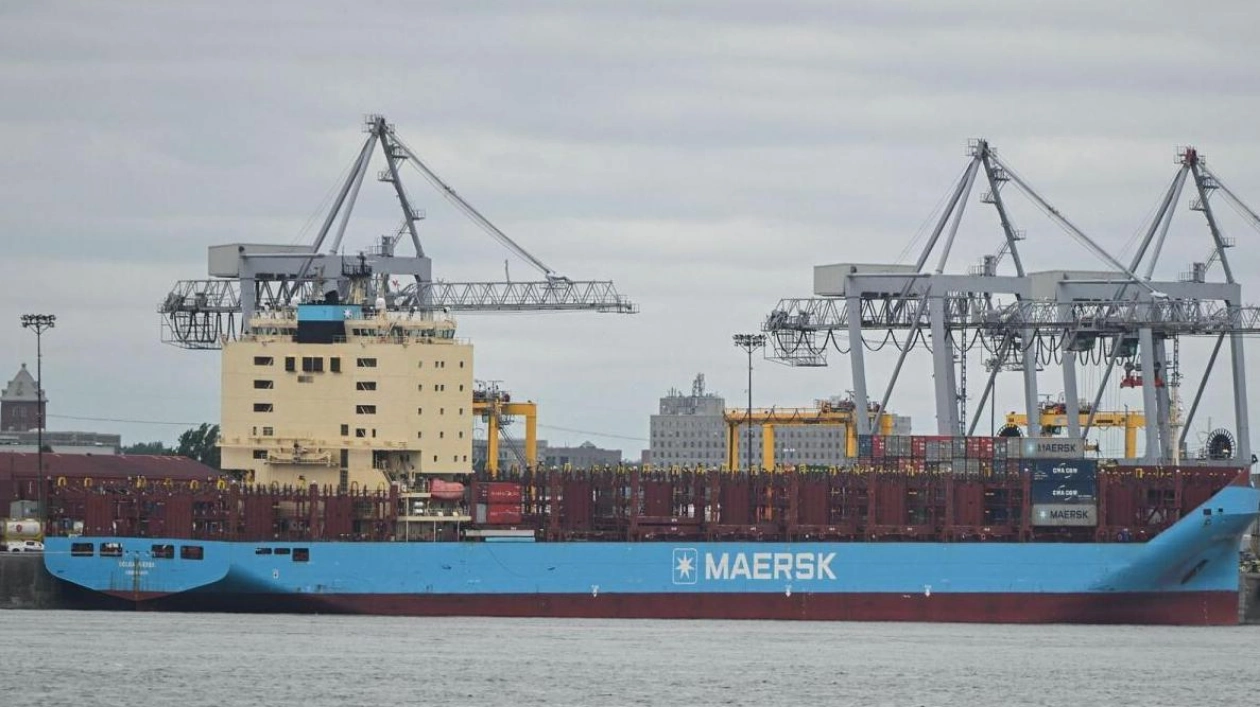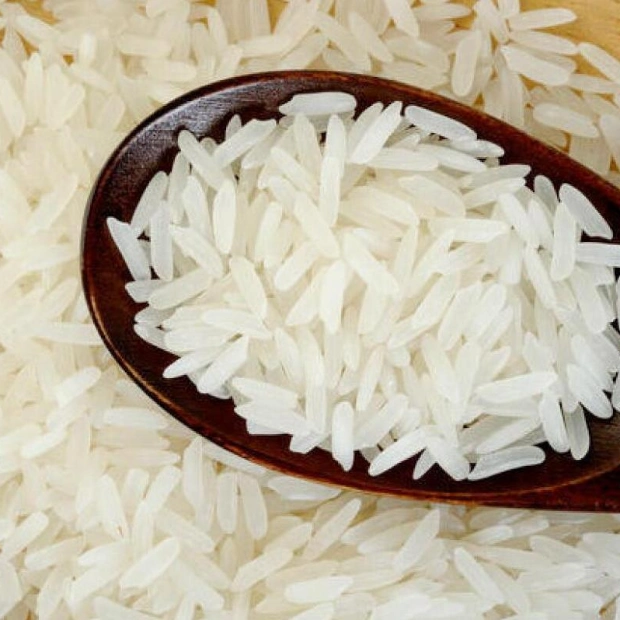Denmark's A.P. Moller-Maersk announced on Wednesday that the disruptions to its container shipping through the Red Sea have now spread beyond the trade routes in the far east of Europe, affecting its entire global network. Since December, shipping companies have been rerouting vessels around Africa's Cape of Good Hope to evade attacks by Iran-aligned Houthi militants in the Red Sea, leading to increased voyage times and higher freight rates. Maersk cautioned on July 1 that the upcoming months will be difficult as disruptions to shipping through the Red Sea persist.
The company stated on Wednesday that the cumulative effect of these disruptions goes beyond the initially impacted routes, leading to congestion at alternative routes and transshipment hubs crucial for trade with Far East Asia, West Central Asia, and Europe. Ports across Asia, including Singapore, Australia, and Shanghai, are experiencing delays due to ships rerouting and disrupted schedules, stemming from the ripple effects of the Red Sea situation.
As an illustration, Maersk noted that its Oceania network faced congestion in Southeast Asian hubs due to equipment shortages and capacity limitations caused by the Red Sea disruption. The delays in Southeast Asian hubs also pose a risk of disruption at Australian ports due to vessel bunching upon arrival, leading to extended waiting times and additional delays. The congestion and disruption have now spread beyond the hubs to Northeast Asia and Greater China ports, causing further delays.
Maersk reported that global demand for ocean cargo remains strong, and the company is working to minimize disruptions for customers by securing additional containers. The company is also preparing for ongoing disruptions by adjusting its network and supply strategies accordingly. The company's shares were down 1.5% at 0904 GMT, though no immediate further comments were available.






